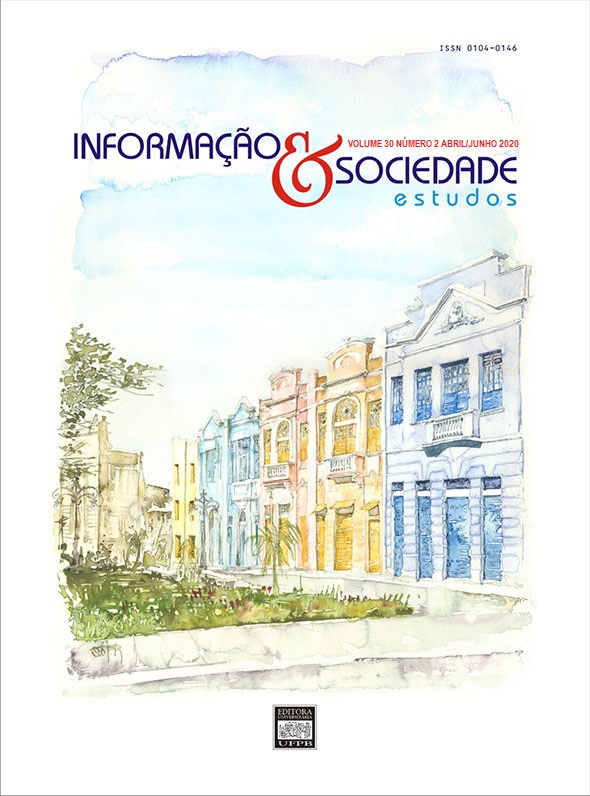Pesquisa com Biodiesel na UFBA: uma análise a partir das teses e dissertações produzidas entre 2005-2019 com aplicação da lei de Lotka
DOI:
https://doi.org/10.22478/ufpb.1809-4783.2020v30n2.52125Abstract
The Brazilian Biodiesel Technology Network (RBTB) was created in 2004 to boost technological development in the Brazilian biodiesel chain. Among the participating institutions is the Federal University of Bahia (UFBA), which has been conducting research on biofuels since the 1980s and has been ranked second place in the number of projects related to biodiesel at CNPq and fourth place in the Catalog of Theses and dissertations of Capes. In view of the expressive number of works produced in masters and doctorate courses of UFBA, this article measured the academic performance of biodiesel research at UFBA, based on the analysis of theses and dissertations produced between 2005-2019 and evaluated the productivity of advisor professors through the Lotka's law. For this purpose, a documentary research was carried out, and bibliometric methods were used to create scientific activity indicators from the 133 prospected records and the generalized inverse power distribution model was applied to measure the productivity of the advisor professors. It was observed that the production of theses and dissertations at UFBA was uninterrupted with 200 orientations carried out by 77 advisor professors; between 2006 to 2019 and that, the observed distribution fits the Lotka Law. However, an analysis of the trend revealed the possibility of a drop in the number of registrations for the coming years, just at the moment when the Ministry of Science, Technology and Innovations intends to strengthen the RBTB in order to overcome technological and market bottlenecks that still exist in the biodiesel chain.
Keywords: Biodiesel. Bibliometrics. Research performance. Theses and dissertations.
Downloads
Metrics
No metrics found.
Published
How to Cite
Issue
Section
License
Os originais aceitos e publicados tornam-se propriedade de INFORMAÇÃO & SOCIEDADE, sendo vedada sua reprodução total ou parcial, sem a devida autorização da Comissão Editorial, exceto para uso de estudo e pesquisa.






